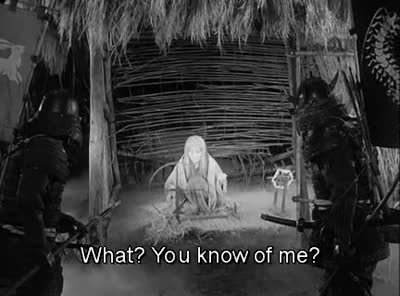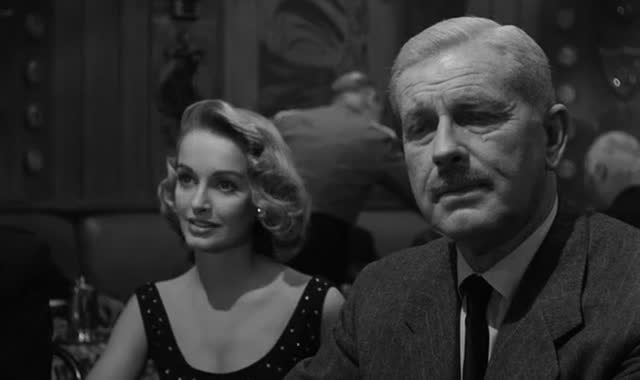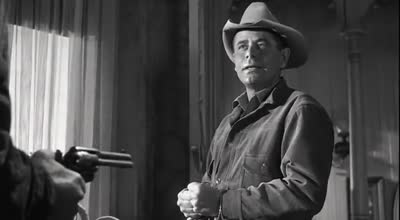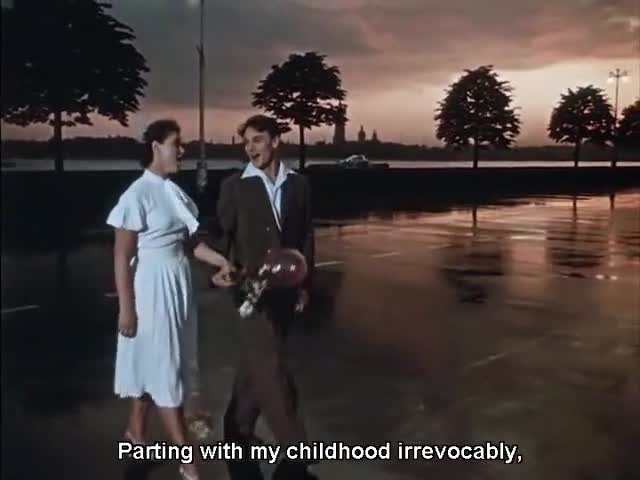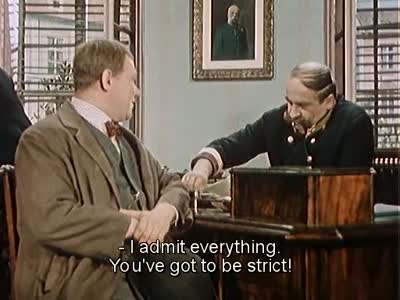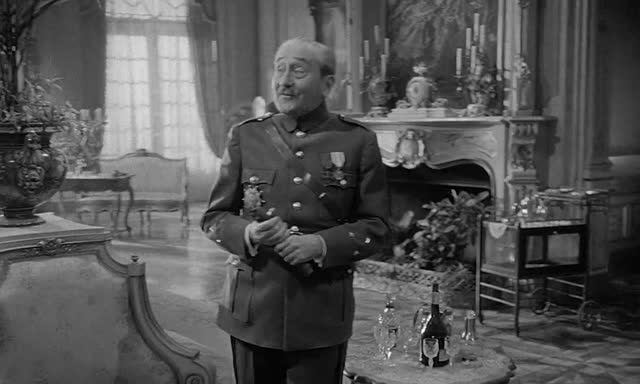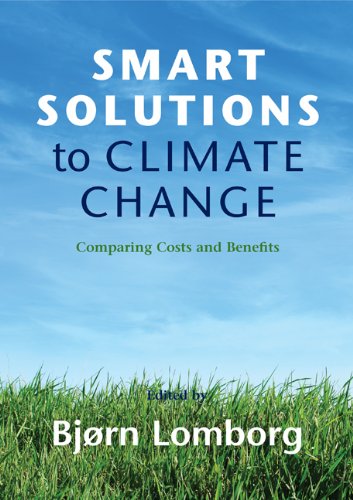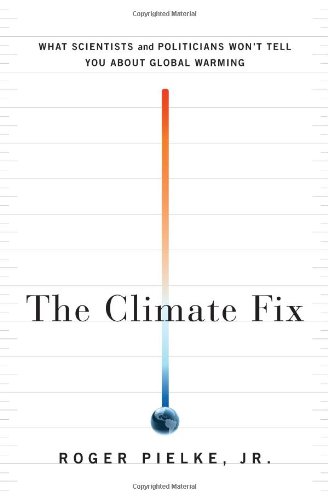Vertigo (1958, USA, Hitchcock)
Woman is an inscrutable being, mysteriously connected to all womanhood before her, and also possibly trying to use you for her own evil ends. At least the exciting Kim Novak type is. For the man who has lost all taste for adventure, there’s always the safe Barbara Bel Geddes type to fall back on. Watched it before, and again now. This movie made #1 of a recent all-time movie list. Ranking movies is an odd undertaking that has little to do with loving them, but if you have to choose a number one, it should be a movie without flaws, and with a few touches of greatness. This is that – the opening titles (above) are one of thouse touches. But nobody is ever going to truly love a movie like this. That’s reserved for movies with more greatness, and more flaws.
Aphrodite, Goddess of Love (1958, Italy)
True Italian peplum! Well, basically a Hollywood Bible epic, with the usual early Christians and the obligatory decadent banquet scenes etc. Boring. Watched: 26 minutes.
The Time Element (1958, USA)
Rod Serling! In a proto-Twilight Zone TV movie! See, there are two tracks of science fiction, one fantastical, and one idea-oriented. Ideas dominate in novels, especially in the best of the 1940s and 50s, but Serling brings that track over to television with The Twilight Zone. And this is a preview of that, a time travel story that would have made a typical short story for the time, not brilliant, but good enough. Watched it all.

